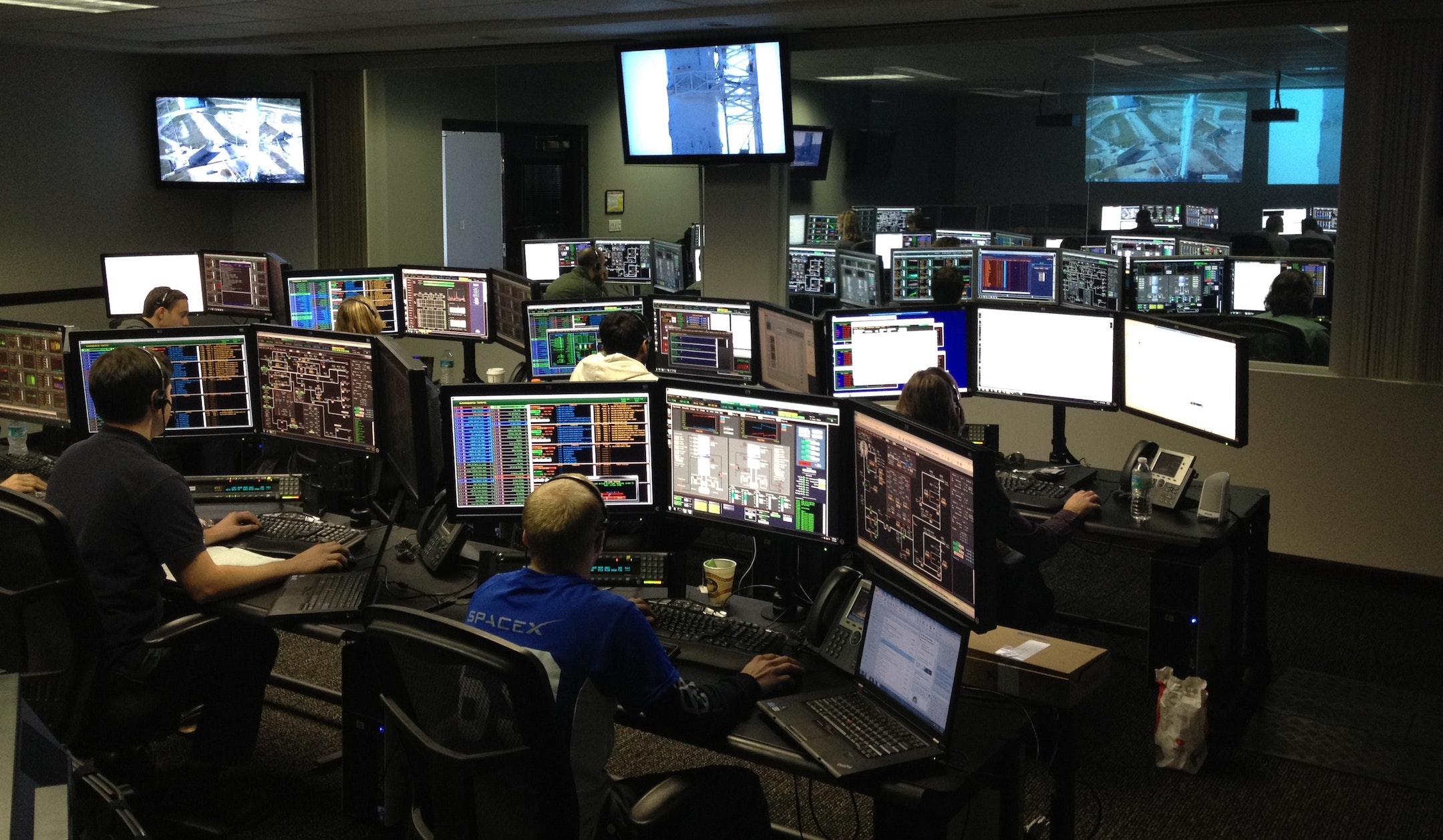Localization
Going beyond mere translation, localization refers to a heavy focus on the end user's experience so that the translation is performed at a conceptual level. While all translation requires conceptual adaptation, localization makes that the central concern of the translation process. Particularly in software and hardware translation, ensuring culturally appropriate context is important in order for the end user to use the translation.
Hardware and Software
Do you need hardware user manuals or software help files translated? Orange Text can make sure your source text is translated accuracy and appropriately into the target language. We also work on hardware components, peripherals, GUIs and documentation.
Data Rendering
During early computer development, non-English letters were not included in the common ASCII character encoding standard. While accents and various symbols were added for some European languages, expansions could cause conflicts and more characters were always needed. To this day, the Unicode Consortium continues adding characters to expand Unicode to all languages, but problems remain. Not all software is written to handle Unicode, and care is still required to prevent the garbling (moji-bake) especially of Chinese, Japanese and Korean (CJK).




